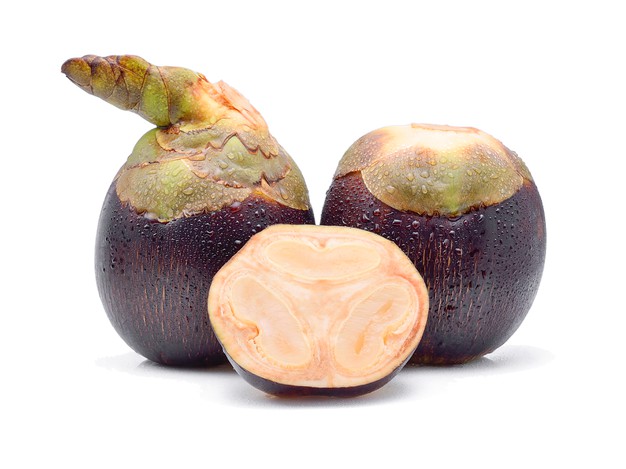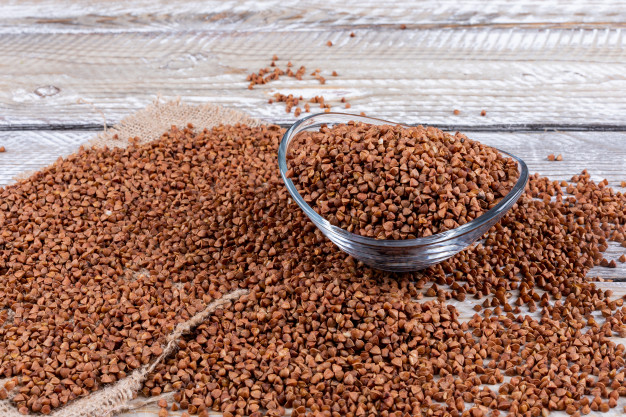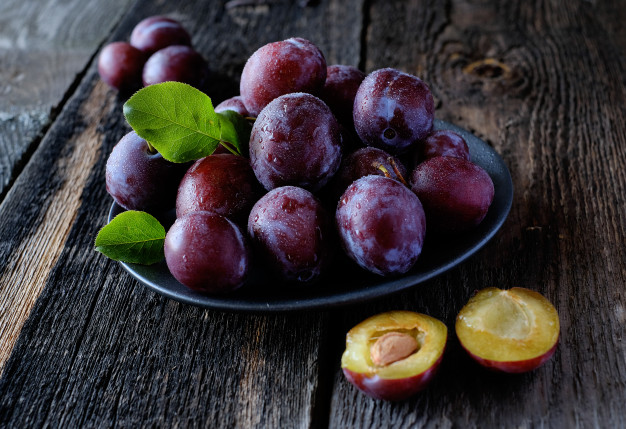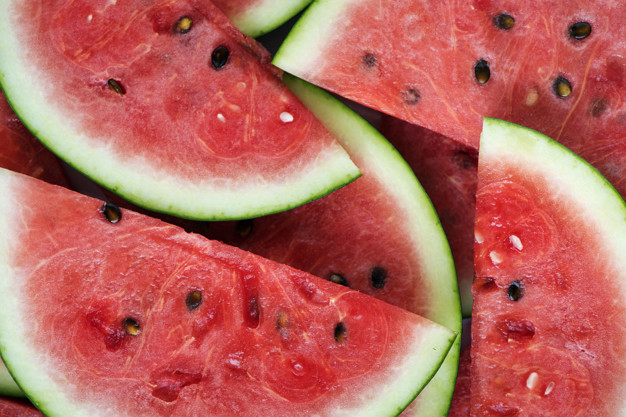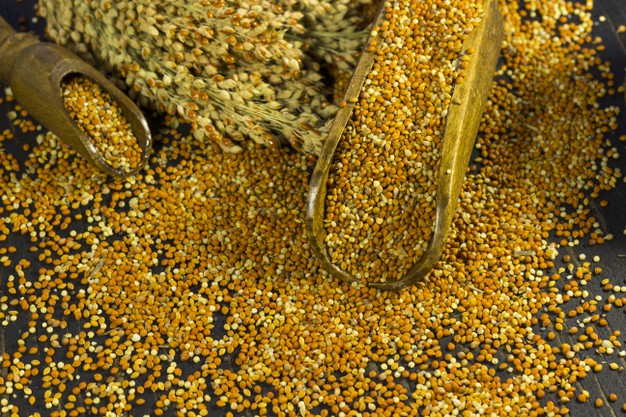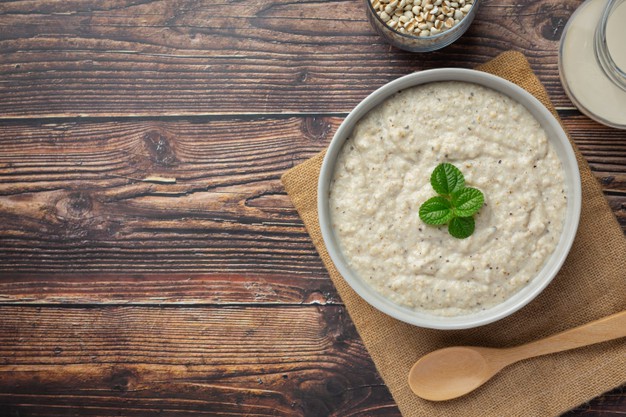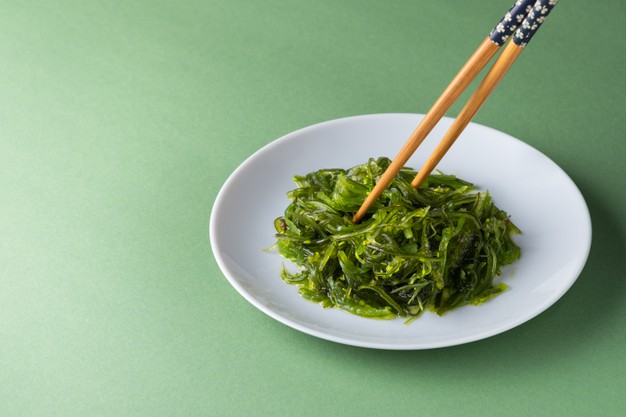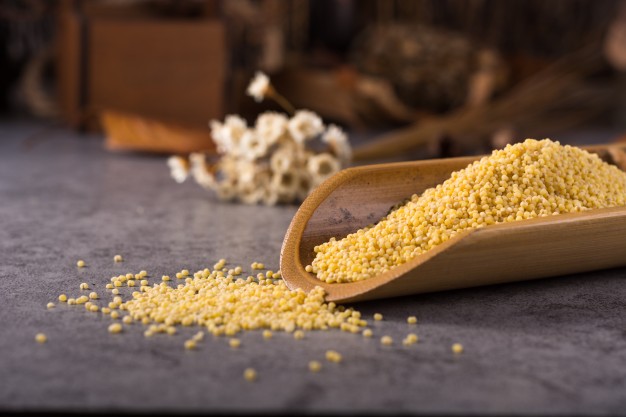Neera also known as palm nector, is a sweet, nonalcoholic, translucent, nutritious drink generally collected from the sap of several palm tree species and offers numerous health benefits.
Some important information regarding neera
- The extraction of neera has usually done before sunrise as it is very much susceptible to natural fermentation within few hours of extraction at ambient temperature and once it has fermented then it becomes toddy
- It is sweet in taste and loaded with lots of vitamins, trace elements, amino acids and phytonutrients
- It has been widely used in several countries like Africa, Sri Lanka, India, Thailand, Indonesia, Myanmar and Malaysia for medicinal and culinary purposes
Nutritional profile
- It contains lesser amount of carbohydrates thus it is known as low glycemic food
- It does not contain fat whereas it contains some amount of proteins and mainly composed of some important amino acids
- It does not provide enough calories on its oxidation thus it is also termed as low calorie food
- It is packed with numerous micronutrients like Vitamin C, Vitamin B1, B2, B3, B5, B6, B9, calcium, phosphorus, potassium, iron, zinc and magnesium
- It is also consisting of numerous imperative phytonutrients that are responsible for exerting antioxidant, anti-inflammatory, antimicrobial and anti-carcinogenic activity
Health benefits

Role on immunity
- Neera is considered as a healthy drink, which is extremely beneficial for promoting general wellbeing
- Its vitamin and minerals components are responsible for providing the immune system a boost
- It helps to enhance the health and functionality of immune cells thus strengthen the defense mechanism of body
- Its consumption is also associated with stimulating the synthesis of WBC that helps to make the body able for fighting against infections thus decreases the susceptibility of becoming ill
Role on nervous system
- Consumption of neera is very effective for improving the overall health of nervous system
- Its B vitamin contents especially Vitamin B6 play imperative role in promoting the growth and the development of brain and it also improves brain’s activity in many folds
- Glutamic acid is an important amino acid found in neera, helps in fabricating proteins and plays imperative role in stimulating the synthesis of neurotransmitters within sensory system
- Its moisture content and trace elements components are extremely useful for keeping the body as well as the mind revived and vigorous
Role on eye
- Neera contains various nutrients that help to improve eye health
- It helps to protect the eye from damages thus decreases the risk of developing eye disorders
- It helps to promote vision as well
- It has seen that its consumption is very effective for decreasing the prevalence of cataract and macular degeneration

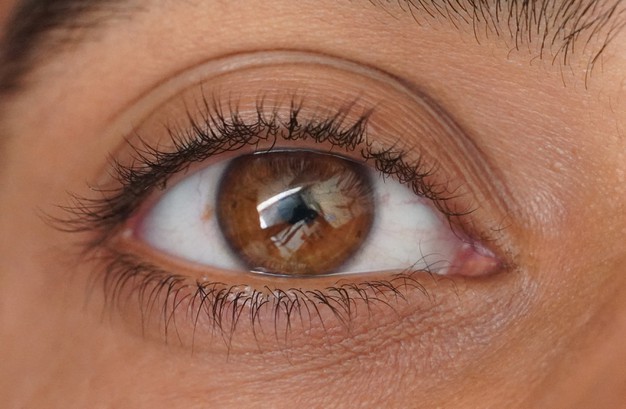
Role on skin
- Neera provides several nutrients, which are essentially required by the body for promoting skin health and beauty
- Its antioxidant activity is responsible for protecting the skin from free radical induced oxidative damages, which significantly reduces the prevalence of dermal disorders
- It helps to prevent ageing as well
- Its antimicrobial activity is also very effective for lessening the risk of skin infections
- Its vitamin C content plays imperative role improving skin elasticity
- Consumption of neera is very much helpful for preventing dark spots and wrinkles
Role on skeletal health
- Neera contains desirable amount of calcium, which is essentially required by the body for healthy bone formation thus it is believed that consumption of neera plays vital role in maintaining a healthy skeletal health
- It also helps to improve the strength and density of bone as it is responsible for promoting bone mineralization. It helps to keep the bone strong and strengthen even in old age thus it is better to include it in the diet for reducing the risk of developing bone related disorders
- Its vitamin K content is also accountable for improving bone health as it helps in the production of osteocalcin, which is needed for the synthesis of healthy bone tissues

Role on respiratory health
- Consumption of neera is extremely beneficial for promoting respiratory health
- Its antimicrobial activity plays significant role in protecting the respiratory tract from viral and bacterial infections
- It also helps to decrease mucus and phlegm formation with in respiratory tract
- Its antioxidant activity is also accountable for protecting the respiratory tract from oxidative damages thus it helps to decrease the prevalence of various respiratory disorders
Other health benefits
- It helps to promote cardiac health as well and significantly decreases the risk of heart failure
- It also helps to promote lactation
- Its low calorie content makes it an effective remedial action for obesity
- Neera has strong diuretic activity too thus its consumption helps to increase urination as a result helps to eliminate waste and toxins from the body
Therapeutic uses
Neera has been traditionally used for treating numerous health hazards, which include –
Cancer
- Its antioxidants and phytochemical components have strong anti-carcinogenic activities thus its consumption significantly decreases the prevalence of carcinoma
- It helps to suppress the growth of malignant cells as well as tumor cells in body
- It is extremely effective against oral cavity cancer, lung cancer and colon cancer

Hypertension
- It is extensively used as an effective remedial action for hypertension due to its potassium content
- Potassium present in neera aids in vasodilation that is responsible for promoting smooth blood flow through blood vessels as a result decreases blood pressure

Hyperglycemia
- Individual suffer from hyperglycemia or individuals who are at risk condition should include neera in their diet as it has low glycemic index
- Its consumption does not increase glucose load in blood thus helps in stabilizing blood sugar level
Anemia
- In simple word the qualitative and quantitative deficiency of RBC and hemoglobin is termed as anemia. There are several factors responsible for anemia but the most prevalent cause is recognized as iron deficiency
- We know that hemoglobin plays vital role in transporting oxygen throughout the body and in anemic condition, the deficiency of hemoglobin is responsible for hindering oxygen flow as a result develops various health complications. In order to prevent anemia individual should consume iron rich diet as iron helps in promoting the synthesis of hemoglobin
- Neera contains significant amount of iron thus its consumption is thought to be very effective for maintaining normal iron level in body as a result it helps to reduce the risk of developing anemia

Hepatic disorders
- It is very effective for reducing the prevalence of hepatic disorders
- It helps to protect hepatic cells from oxidative damages thus promotes their functionality
- It also helps to cure liver infections
- Acetaldehyde is considered as one of the most poisonous metabolic that severely affects the liver and consumption of neera is associated with protecting the liver from the detrimental effects of acetaldehyde
Culinary uses
- It can be simply consumed as health drink
- It can also be used for preparing various products like sweeteners, jiggery and concentrated syrup
General consideration of using neera
- It is better to process neera immediately after extraction
- Various technologies have been developed for processing and preserving neera in order to sustain its nutrient stores
- It should be kept in refrigerator for enhancing its shelf life
Risk factors
Too much consumption of neera can damage the liver, nerves and cardiac muscle thus it is better to consume it in moderation.


Source:
Asha, S., Ratheesh, M., Jose, S.P., Krishnakumar, I.M. and Sandya, S., 2019. NEERA: A Nonalcoholic Nutritious Beverage from Unopened Inflorescence of Coconut Palm. In Natural Beverages (pp. 339-360). Academic Press.
Borse, B.B., Rao, L.J.M., Ramalakshmi, K. and Raghavan, B., 2007. Chemical composition of volatiles from coconut sap (neera) and effect of processing. Food Chemistry, 101(3), pp.877-880.
Chinnamma, M., Bhasker, S., Binitha Hari, M., Sreekumar, D. and Madhav, H., 2019. Coconut neera—a vital health beverage from coconut palms: harvesting, processing and quality analysis. Beverages, 5(1), p.22.
Ghosh, D.K., Bandyopadhyay, A., Das, S., Hebbar, K. and Biswas, B., 2018. Coconut sap (Neera)-untapped opportunity of spinoff gains in West Bengal, India. International Journal of Current Microbiology and Applied Sciences, 7, pp.1883-1897.
Swamy, G.S., 2013. Coconut neera production and processing in Karnataka. Indian Coconut Journal.
